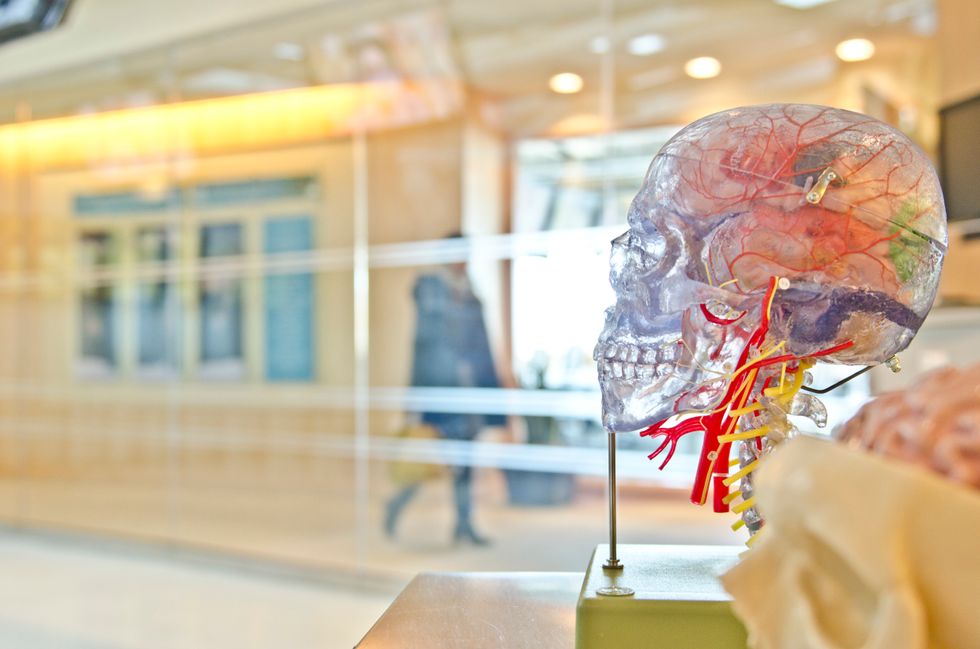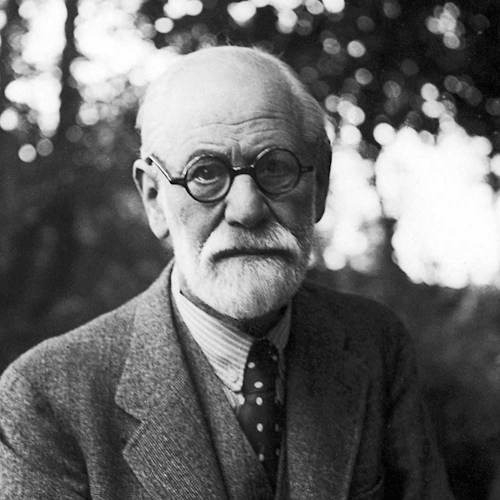In the fall semester, I took an online course in mechanical engineering; it was called the "Practical Science of Things." Sounds very vague, right? Well, it was, but I actually enjoyed the class.
We learned about practical things that occur in everyday life, such as how air conditioners work and the laws of thermodynamics. There was one assignment in the class I really enjoyed: discussing the future technology in your current field of study. I am a psychology major, so I conducted some research on different methods and fields in psychology that are up-and-coming.
What I found was fascinating and piqued my interest. To all of those majoring/minoring in psychology, or if you just think psychology is fun, read this article! What you will learn will change the future of psychology.
Here, I list the questions that were asked and my answers based on the research I conducted:
1. What has changed dramatically in the last 20 years in your field of study?
Technology-based therapy has become a major thing in the past 20 years in the field of psychology. Technology-based therapy is when a therapist and a client communicate with each other through the phone, Skype/Facetime, or through the internet. 20 years ago, Skype and Facetime didn’t exist; now, they are changing the methods of cognitive-behavioral therapy in psychology.
Technology-based therapy is controversial, but it actually is quite beneficial. People who are homebound due to medical conditions can comfortably talk to a therapist through technology in the comfort of their own homes. In addition, technology-based therapy saves costs of gas and saves driving time.
Also, some people feel the stigma of going to a therapist will make people judge them, so this will relieve them of having to feel that stigma by walking into a therapist’s office.
2. What do you predict will be very different in your field in 20 years, and why?
I predict that there will be more advancements in neuroscience that will make better medications for individuals. These medications will be adjusted to the individual’s specific brain chemistry. As of now, some medications work for some people with the same disorder, whereas some medications do not.
Individuals have to take medications for several weeks, see if they work, and if it doesn’t work, they have to start this process all over again. In the future, I hope that neuropsychologists will know exactly what medication will work with that individual’s brain chemistry, so he/she does not have to waste time seeing what medications work with their bodies.
3. Has there been a course or a subject area you have taken that you consider impractical or outdated?
I find psychodynamics very outdated since it uses ideas from Sigmund Freud. Freud had psychosexual theories that are extremely outdated. Freud believes in the Oedipus and Elektra complexes.
The Oedipus complex is the belief that boys have sexual desires to be with their mothers. The Elektra complex is the belief that girls have sexual desires to be with their fathers. Although Freud is important in the history of psychology, the psychosexual theories are impractical in present-day clinical applications of psychology.
4. Is there something you have studied in your courses that you consider cutting-edge or futuristic?
Neuropsychology is a branch of psychology which deals with managing and rehabilitating individuals who suffered brain damage or a brain-related illness. Neuropsychology uses numerous tests on the brain and, through therapy with a neuropsychologist, rehabilitates the brain, just as a physical therapist would rehabilitate a broken ankle. I find it amazing that neuropsychologist can train and challenge our minds with cognitive tests to bring a brain back to normal function.


















